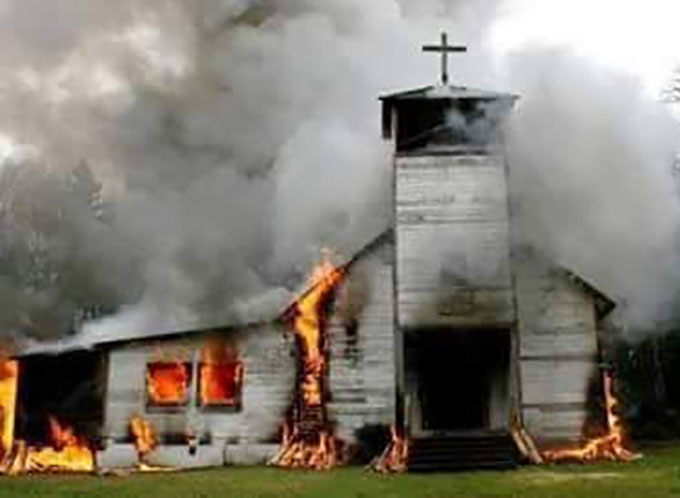
West Papuan leaders, through the Vanuatu Free West Papua Association in Port Vila, have rejected the Indonesian government’s statement criticising the Prime Minister of the Solomons, Manasseh Sogavare, as a “blunt lie”.
Jakarta, through Antara news agency, said it was not true what Prime Minister Sogovare claimed as the Indonesian government being interested to join the Melanesian Spearhead Group for its own interests, “rather than seeking to be involved in dialogue about serious human rights abuses in West Papua”.
Responding to Sogavare’s statement, Indonesia’s Director-General for Asia Pacific and Africa, Desra Percaya, said that the statement was against the principles of sovereignty and non-interference as included in the agreement for the establishment of MSG in 2007.
Percaya stressed that as the world’s third biggest democracy, Indonesia, considered respect for human rights to be an important principle.
Meanwhile, as on May 21, West Papua’s social media network sent in shocking pictures of a Christian church burning in Lany Jaya Regency, Wamena, in Highlands of West Papua.
If the pictures are not examples of human rights abuses allegedly by Indonesian security forces against West Papuans to worship in their churches, then a totally new phrase has to be invented to define the burning of these places of worship.
The network says these are examples of scores of human rights abuses that continue unabated in West Papua despite an international assurance by Indonesia’s President, Joko Widodo, that the situation on the ground in West Papua was improving.
Sense of urgency
In the latest development, a new sense of urgency is blowing with an increasing international pressure for West Papua to be debated by the United Nations.
The spokesman of the West Papua National Liberation Army (TPNPB), Sebby Sambom, and Major-General Terrianus Satto, have spent a week in Port Vila and were boarding a flight out of Port Vila back to their home today.
Both men had also attended the all West Papua Reconciliation Conference in Port Vila which gave birth to the United Liberation Movement of West Papua (ULMWP) in 2014.
However, this was the first time for them to return on their own.
In an exclusive interview with the Vanuatu Daily Post, they described their first such visit as satisfying after holding talks with senior representatives of the Free West Papua Association; chairman of the Malvatumauri National Council of Chiefs, Chief Seni Mao Tirsupe; and the Vanuatu Christian Council.
They wished to thank all leaders of MSG and their people for their solidarity towards ULMWP.
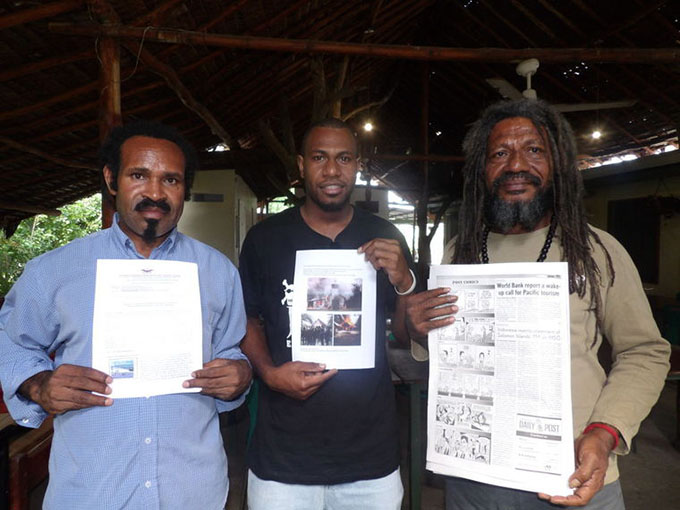
Key points
They leave behind the following key points for the leaders of MSG as they prepare to attend their summit in Port Moresby, Papua New Guinea, from May 29 to June 1:
• Indonesia could not be a part of MSG. Geographically speaking, Indonesians are a different race and do not understand and feel what it means to be Melanesian.
• Call on Fiji and PNG politicians not to be swayed by [alleged] bribery.
• Stop Nick Meset and Albert Yoku from entering MSG member countries as they are [allegedly] paid by Jakarta to lobby in favour of Indonesia. They are now in Fiji in the lead up to the MSG Leaders meeting in Port Moresby.
• West Papuans are dying, Melanesian governments are urged to act now to help. After 54 years of suffering, West Papuans beg to be freed to enjoy their God-given freedom the way other Melanesian countries enjoy theirs.
• We plead for UN intervention as soon as possible as its former leaders were partly responsible for the very start of our suffering by recognising Indonesia’s so-called “Act of Free Choice” in 1961.
• We call on the MSG to provide full membership of West Papua to its sub-regional organisation because we are part of Melanesia through the Melanesian race.
• May God work through our Melanesian leaders to grant West Papua full membership to MSG. Approximately 500,000 West Papua Melanesians have died for the same freedom that you, our wantoks are enjoying, perhaps without realising that for us West Papuans, it is the most valuable commodity that now our young people are dying for.
Human rights cases
The Jakarta Post, Indonesia’s daily English language newspaper, reported that to resolve human rights cases in Papua, the biggest challenge for the government comes from the police and military, activists say, citing that both institutions are alleged to have been involved as perpetrators.
“It has been a major problem for us, because the state — especially the police and the military — is [allegedly] involved in those cases,” said Feri Kusuma, the impunity monitoring division head of the Commission for Missing Persons and Victims of Violence ( Kontras), on Monday.
According to a report released by Komnas HAM (The National Commission on Human Rights- an independent institution in Indonesia) in March, rampant human rights violations occurred in Papua during the first year of President Joko “Jokowi” Widodo’s administration, which started in 2014, including the arrest, torture and murder of at least 700 civilians, The Jakarta Post reported.
Cited cases included shootings in Yahukimo, Dogiyai, Tolikara and Timika regency, the newspaper said.
It further reported that Coordinating Political, Legal and Security Affairs Minister Luhut Pandjaitan recently said that the government would resolve 12 human rights cases in Papua by the end of this year, cooperating with both the National Police and the National Commission on Human Rights (Komnas HAM).
Kusuma, however, told The Jakarta Post that the government was likely to face serious problems, internally, because many people from the police and the military now served as government officials.
“People [from those institutions] have considerable authority. This is our biggest challenge,” he added.
Len Garae is a senior journalist on the Vanuatu Daily Post.


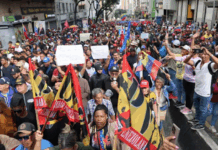
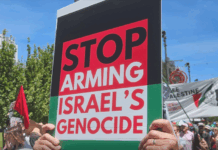
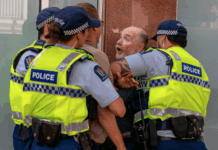
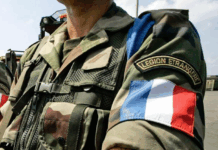
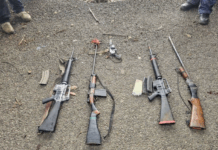






















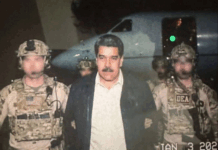

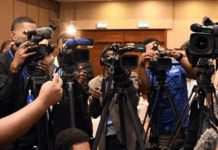




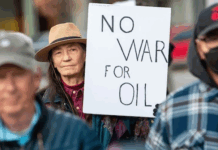








A bery good honest article good to see some journalists ate not covering the genocide up Australian journalists shameful
Anthony
Advocate for West Papuan Human Rights and Democracy
Independent Candidate for the Federal Seat of Calare nsw Australia
[…] West Papuans in Vanuatu reject Jakarta’s response to Solomons PM […]
Comments are closed.